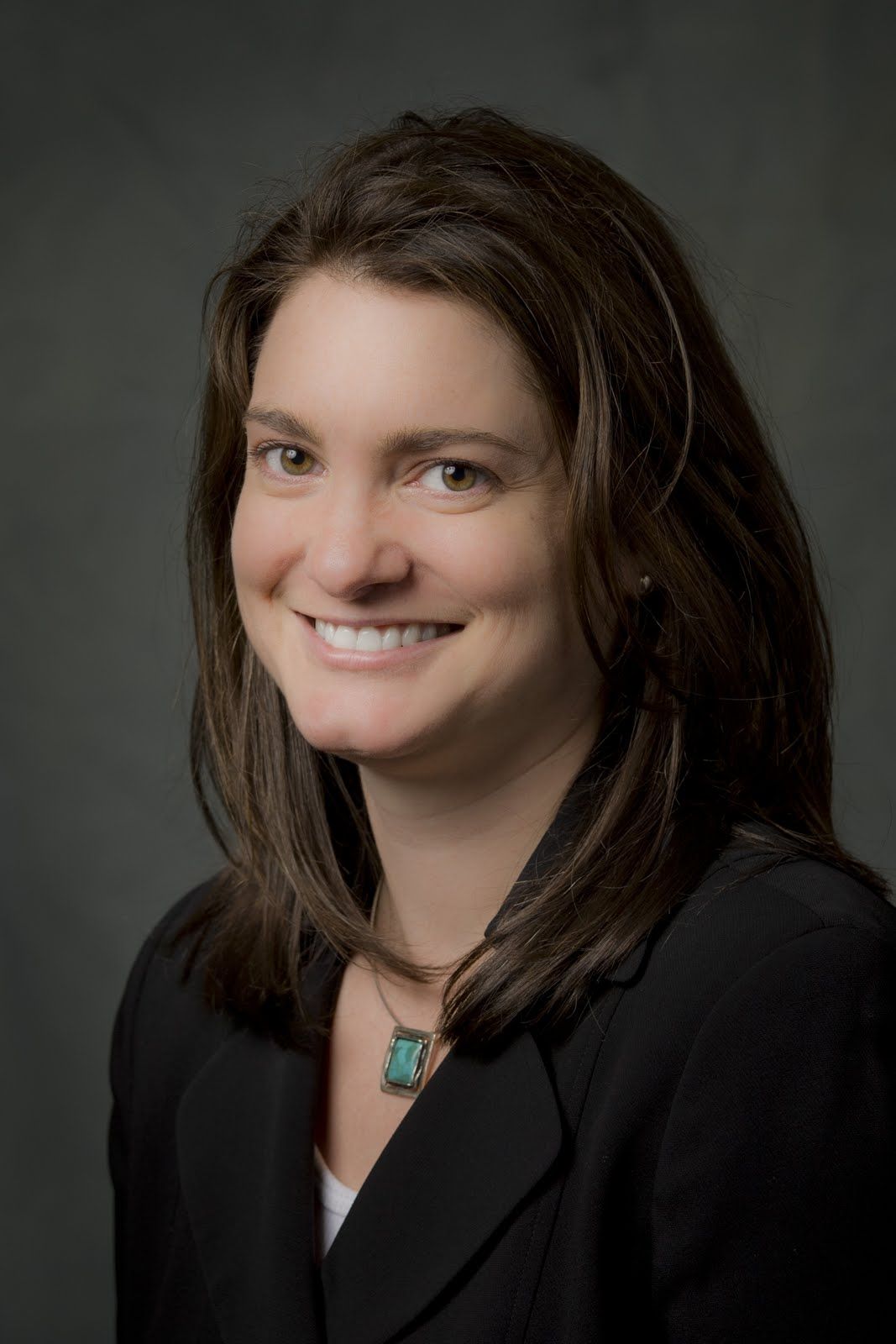CEE professor, ADVANCE Center faculty director Kristen Jellison among Lehigh collaborators on three-year, multi-institutional project that seeks to shed new light on the role of research productivity and extraneous factors in determining who receives coveted tenure positions
Tenure and promotion processes are critical to the integrity of America's research enterprise—they determine who gets to continue their careers and whose careers and aspirations come to a screeching halt in the case of tenure denials. At the core of the college tenure and promotion system is the notion that those who are the most deserving are promoted. But, is that truly the case?

A new study aims to examine the college tenure and promotion process in academic careers in Science, Technology, Engineering and Math (STEM) and challenge some basic assumptions regarding merit as the sole driving force. A $2 million award from the National Science Foundation (NSF) will support the three-year project, helmed by researchers at the University of Houston and Hampton University. Lehigh is among eight partnership organizations who will be working to shed new light on the role of research productivity and extraneous factors in determining who gets to stay in coveted tenured positions and who has to retool or restart their career.
Over a three-year period, the team―including Lehigh site collaborators Jackie Krasas, professor of sociology and deputy provost for faculty affairs, Marci Levine, ADVANCE Center director, and Kristen Jellison, professor of civil and environmental engineering and ADVANCE Center faculty director―will investigate what drives tenure and promotion outcomes, with a particular focus on external review letters, and tenure clock extensions. Common for parents in academic settings, tenure clock extensions allow new parents an extra year before submitting their tenure portfolios. More recently, many universities, including Lehigh, have allowed for COVID-19 tenure clock extensions, providing faculty the opportunity to extend their mandatory tenure review years by one or two.
Krasas, Levine and Jellison will work with the larger team to generate analyses that look for emerging tenure and promotion patterns that span the nine institutions over several years.

